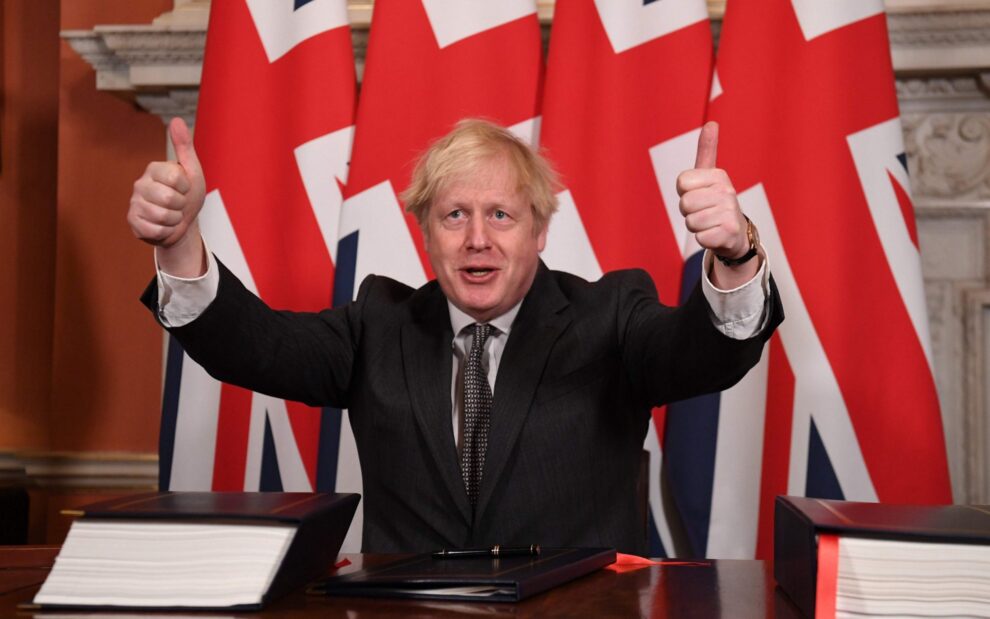Post-Brexit divergence between UK and EU rules is not being systematically tracked by the government, experts have told the House of Lords.
Divergence is significant for Northern Ireland because it has remained inside the EU’s single market for goods.
That means free-flowing trade between Northern Ireland and the Republic of Ireland.
However, new checks and controls are required on goods coming from Great Britain.
Growing divergence could potentially increase the level of controls on goods coming from Great Britain to Northern Ireland.
Northern Ireland’s revised Brexit deal, the Windsor Framework, contains mechanisms for managing divergence.
However, the Lords heard there are weaknesses in identifying when divergence could cause problems.
‘Northern Ireland overlooked’
Joël Reland from the UK in a Changing Europe think tank said while the government is tracking the changes the process is ad hoc and siloed.
“You have different departments looking at divergence in their own specific context. That means that often the Northern Ireland aspect is overlooked.”
He said it would be “almost impossible” to log everything given the amount of legislation generated by the EU.
However, he said the major weakness was not having “a real system and strategy” for thinking about divergence and addressing it in a consistent way across government.
He described how UK businesses were getting good government engagement on “flagship divergence” like new state aid rules.
But in “more everyday” areas of divergence he said businesses were not being consulted “anywhere near as much” as they should be.
That was echoed by Lisa Claire Whitten from Queen’s University Belfast who said dealing with divergence has tended to be “reactive rather than strategic”.
She pointed out that there is not even an official, comprehensive record of what EU law is applicable in Northern Ireland under the Windsor Framework.
She said the stabilisation of the EU-UK relationship and the relative legal certainty of the framework meant there was now a moment of opportunity to develop a divergence strategy so the issue “doesn’t get worse”.
Source: BBC











